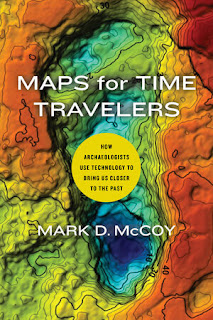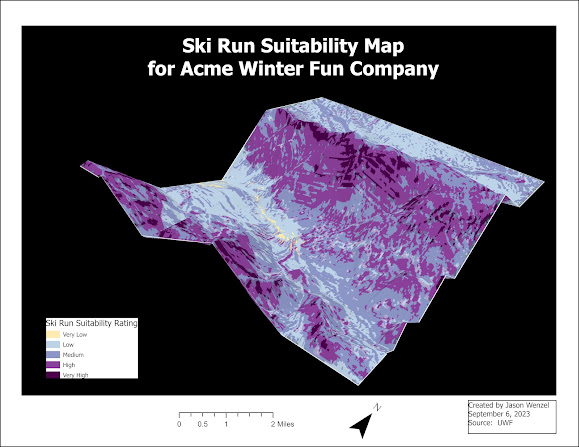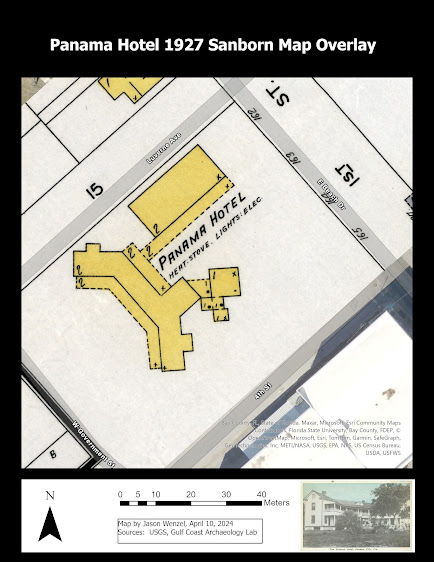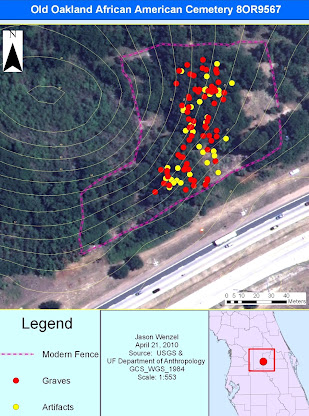Readings for GIS Internship
To support my internship, I ordered three books that I believe will be helpful in guiding my research and GIS-related activities.
Maps for Time Travelers (2022) by Mark D. McCoy, professor of anthropology at Florida State University, is a recent book that provides a brief, but comprehensive exploration into the ways that archaeologists use geospatial technologies, particularly GPS, GIS, and various remote sensing techniques in the study of the human past. In this work, McCoy provides an overview of the use of these technologies by archaeologists from early studies over a century ago up through the present time. He discusses how these technologies can be used to understand human patterns of migration, food procurement and production, and how ancient societies can be "reversed engineered" through these approaches. While I am familiar with many of the technologies discussed in the book and some of the cases studies where they have been applied, this work serves a good refresher and enjoyable read.
Navigating the World with GIS: A Companion for World Regional Geography (2015) by Sean Crotty and Kyle Walker, both professors of geography at Texas Christian University, is intended for use in another introductory course currently proposed for GCSC, World Regional Geography (GEA 1000). This book provides basic GIS exercises that help reinforce general course content that likely would be covered in a main textbook such as, Finlayson's World Regional Geography. Crotty and Walker's companion resource includes a variety of exercises that are completed through ArcGIS online, similar to Carter's work. Unlike the latter, which was recently published as a second edition, Crotty and Walker's work has been out for almost a decade, and some of the case studies and technical information are in need of update. It does provide interesting GIS-based exercises, however, with cases including topics examining demographic changes, segregation in cities, economic inequality, sports, disease, and political relations in a global context.
Overall, I believe these three books in addition to several other related reading sources will be of help in guiding my work in this internship.






Comments
Post a Comment